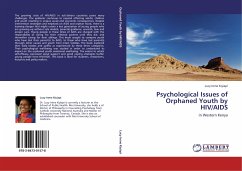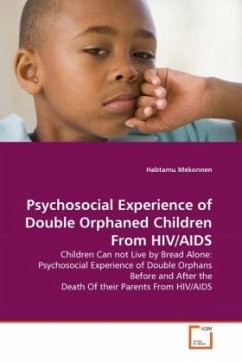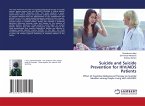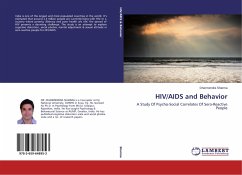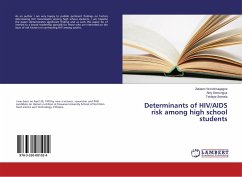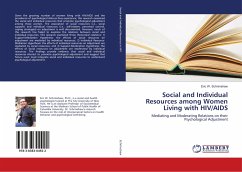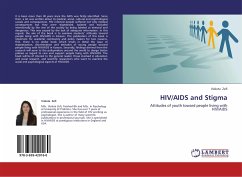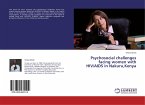The growing crisis of HIV/AIDS in sub-Sahara countries poses many challenges. The epidemic continues to expand affecting adults, children and youth resulting in unique social and economic consequences. Despite intervention strategies and emphasis on AIDS and orphan hood, there is a looming danger that might create a lost generation of young people who are growing up without role models, parental guidance, warmth, love and proper care. Young people in these times of AIDS are charged with the responsibility of caring for their infected parents until they die; and thereafter caring for their siblings. This book sought to compare youth who have lost their parent(s) to AIDS, to those who have lost parent(s) through other causes and youth from intact families. The book explored their daily hassles and uplifts as experienced by these three categories. Their psychological well-being was studied in order to understand its impact on the orphaned youth emotional well-being. The extent to which self-efficacy, perceived social support and good coping strategies buffer young people from HIV/AIDS. This book is ideal for students, researchers, lecturers and policy makers.
Bitte wählen Sie Ihr Anliegen aus.
Rechnungen
Retourenschein anfordern
Bestellstatus
Storno

